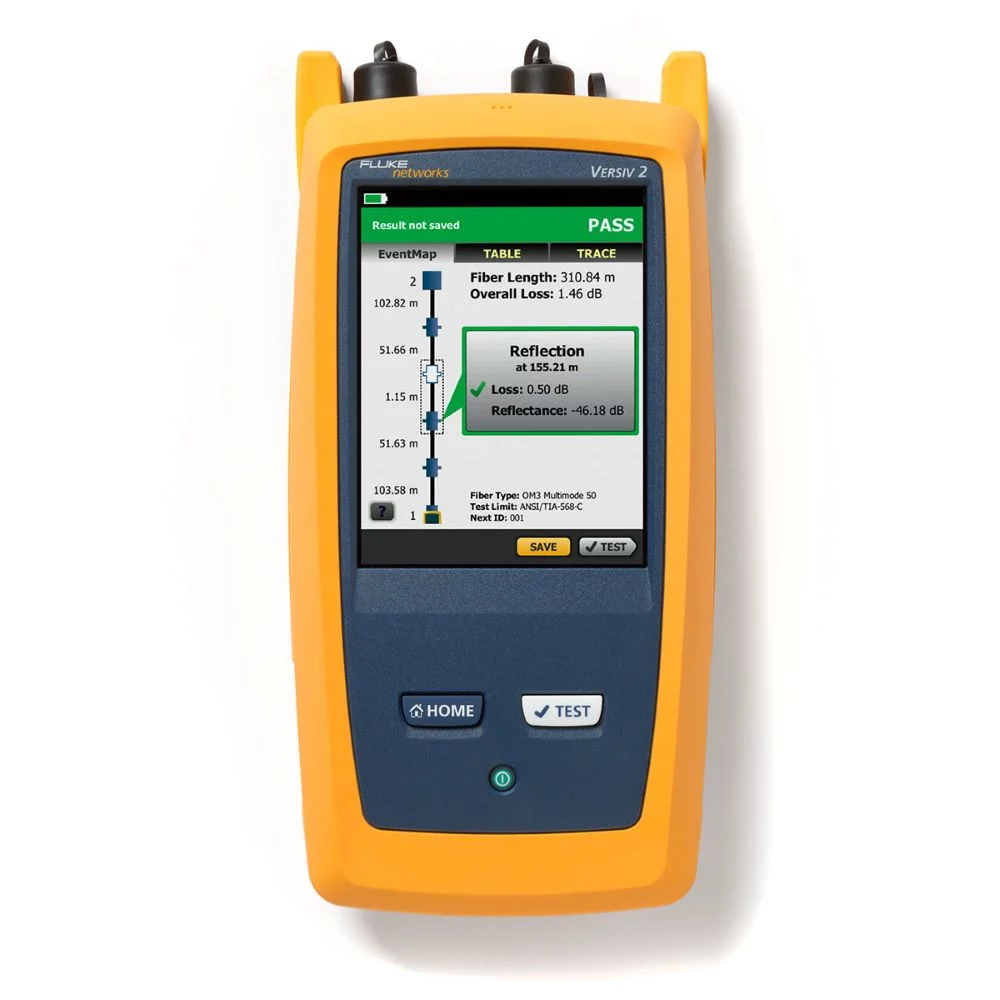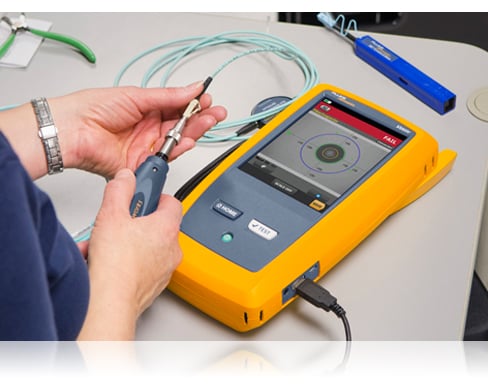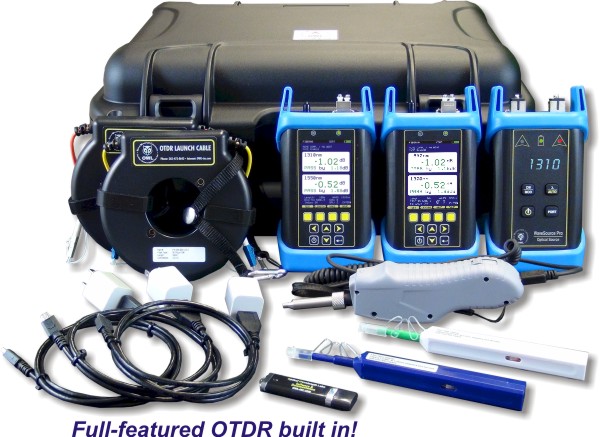The science behind fiber strength and durability through fiber measurement
The science behind fiber strength and durability through fiber measurement
Blog Article
A Comprehensive Guide to Optical Measurement System for Fiber Analysis
When it involves fiber analysis, comprehending optical dimension systems is essential for assessing efficiency and making certain quality. You'll check out necessary strategies like interferometry and spectroscopy, which help you determine essential specifications. Yet there's more to it than just these techniques; grasping depletion dimension techniques can considerably affect your network's effectiveness. As you browse via this overview, you'll uncover insights that could transform your method to fiber optics.
Comprehending Optical Measurement Solutions
When you explore optical measurement systems, you'll discover they're necessary for assessing fibers with accuracy. These systems use light to analyze various features of fibers, including size, refractive index, and harmony. By using methods like interferometry and spectroscopy, you can gain useful understandings into the fiber's properties.You'll discover that these systems are designed to decrease errors and enhance precision, guaranteeing dependable information for your analysis. Various setups, such as single-mode and multi-mode systems, deal with specific fiber kinds, allowing you to select the most effective fit for your needs.Moreover, the integration of innovative software tools helps you translate the information efficiently, making it much easier to determine any type of incongruities or issues. As you check out deeper into these dimension systems, you'll value exactly how they simplify the analytical process and enhance the general high quality of fiber production and testing.
Key Parameters for Fiber Evaluation
Secret specifications for fiber analysis play a necessary role in figuring out the high quality and performance of fiber optics. When you examine a fiber, you'll intend to concentrate on qualities such as attenuation, bandwidth, and modal dispersion. Depletion gauges the loss of signal strength as light trips with the fiber. A lower attenuation worth suggests much better top quality and longer transmission distances - fiber measurement.Bandwidth describes the data-carrying ability of the fiber and is vital for high-speed communication. You'll require to assess the bandwidth to guarantee it meets your application requirements. Modal diffusion, which emerges from the various speeds at which light travels through various modes in multimode fibers, influences signal quality
Methods for Attenuation Measurement

Transmission capacity and Its Influence on Efficiency
Comprehending data transfer is necessary for enhancing fiber performance, as it straight affects the amount of information that can be sent over a network. Greater data transfer implies you can send out more information simultaneously, enabling faster interaction and better total efficiency. When you're dealing with fiber optics, it's vital to think about how transmission capacity engages with fiber characteristics, such as core dimension and material properties.If the transmission capacity is limited, you might experience data loss or slower rates, affecting your applications. In addition, different kinds of fibers can support differing data transfer degrees, so it is necessary to choose the appropriate fiber for your particular needs.You need to also maintain in mind that environmental aspects, like temperature level and exterior interference, can impact transmission capacity. By comprehending these elements, you can make informed decisions to boost your fiber optic systems, making sure reputable and reliable information transmission.
Refractive Index Measurement Methods

Complete Internal Representation
Overall internal representation (TIR) acts as a basic principle for gauging the refractive index of fibers. When light journeys from a denser medium to a less thick one, it can only be totally shown if the angle of occurrence exceeds a specific limit, known as the critical angle. This sensation allows you to figure out the refractive index by analyzing the angles at which light reflects or refracts. By making use of a configuration that routes light into a fiber and determines the resulting angles, you can compute the refractive index accurately. Recognizing TIR not only boosts your fiber analysis however additionally boosts the design and efficiency of optical systems. So, leveraging TIR can lead to a lot more reliable fiber-based applications.
Interferometric Techniques
Building on the concepts of total interior representation, interferometric methods supply a powerful ways for determining the refractive index of fibers with high precision. These techniques manipulate the disturbance patterns developed when beams split and recombine after taking a trip different paths. You can utilize configurations like the Michelson or Mach-Zehnder interferometer click to read to examine phase shifts brought on by modifications in refractive index. By meticulously adjusting your system and examining the resulting fringes, you can identify the refractive index with remarkable precision. It's crucial to maintain secure ecological conditions to minimize mistakes. With these methods, you'll enhance your understanding of fiber homes, leading to better efficiency in various applications, from telecoms to sensor technology.
Modal Diffusion and Its Importance
Modal diffusion refers to the dispersing of light pulses as they take a trip through a fiber, which can influence the general efficiency of the system. You'll see that this phenomenon can bring about indicate distortion, affecting information transmission rates and top quality. Understanding its value is vital for maximizing fiber optic styles.
Definition of Modal Dispersion
In fiber optics communications, modal diffusion plays a significant function in determining signal top quality and transmission speed. It happens when various light modes take a trip at differing speeds with the fiber. Since each setting has distinctive paths and attributes, they can reach the getting end at various times. This moment difference can cause signify spreading and distortion, which can deteriorate the total efficiency of the communication system. You might come across modal diffusion primarily in multimode fibers, where the several courses of light aggravate the issue. Comprehending modal dispersion is crucial for optimizing fiber designs and making sure that your interaction systems run successfully, maintaining the integrity of the transmitted signals over longer distances.
Impacts on Fiber Performance
Comprehending modal diffusion assists highlight its results on fiber efficiency. This sensation takes place when various settings of light traveling at differing rates within the fiber, leading to signify spreading gradually. As you assess fiber optics, you'll discover that enhanced modal dispersion can considerably break down signal high quality, leading to decreased bandwidth and longer transmission distances. In useful terms, this implies your data can arrive altered or postponed, affecting general interaction effectiveness. To minimize these results, you might consider using single-mode fibers, which decrease modal dispersion. By choosing the best fiber type and understanding how modal dispersion affects efficiency, you can improve transmission quality and warranty trusted data transfer in your optical measurement systems.
Devices and Technologies for Optical Measurements
When it pertains to optical measurements, numerous ingenious tools and modern technologies are at your disposal to enhance fiber evaluation. You'll find fiber optic testers, Home Page which analyze signal high quality and performance, crucial for preserving perfect network performance. Optical time-domain reflectometers (OTDRs) are vital for locating faults and gauging loss over distances, giving in-depth understandings into fiber honesty. Additionally, spectrometers can assess light spectra, assisting you identify material homes and composition.Don' t overlook the relevance of imaging systems, like digital microscopic lens, that allow you to visually check fiber surface areas for defects. Additionally, consider utilizing polarization analyzers to gauge stress and my explanation stress in fibers, which is crucial for understanding their habits under different problems. By leveraging these devices and modern technologies, you can greatly improve your fiber analysis processes, guaranteeing reliability and high performance in your optical networks.
Often Asked Concerns
What Are the Expenses Connected With Optical Measurement Equipments?
The prices linked with optical dimension systems can differ greatly. You'll require to assess tools rates, upkeep costs, software program licenses, and possible training expenditures. Budgeting meticulously will aid you prevent unforeseen monetary challenges down the line.

Exactly How Often Should Fiber Evaluation Be Executed?
You ought to perform fiber evaluation regularly, normally every 6 months or after significant modifications in the atmosphere (fiber measurement). This guarantees suitable efficiency and helps identify prospective problems prior to they influence your system's performance and reliability
Can Optical Measurement Solutions Be Calibrated in your home?
Yes, you can adjust optical dimension systems in the house, yet it calls for accuracy. Make sure you follow the producer's guidelines, use suitable calibration requirements, and confirm your results to guarantee precision in your dimensions.
What Industries Generally Make Use Of Optical Measurement Equipments?
You'll locate optical dimension systems commonly utilized in markets such as telecoms, production, health care, and research study. They're vital for high quality control, fiber analysis, and guaranteeing precise dimensions in numerous applications, boosting efficiency and precision throughout sectors.
Are There Any Type Of Safety And Security Worry About Optical Measurement Solutions?
Yes, there are safety interest in optical dimension systems. You ought to always put on safety glasses to protect your eyes from extreme light resources and guarantee correct training to manage devices securely and avoid crashes.
Report this page